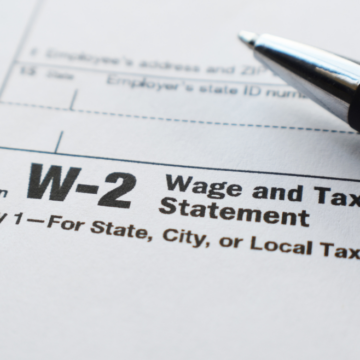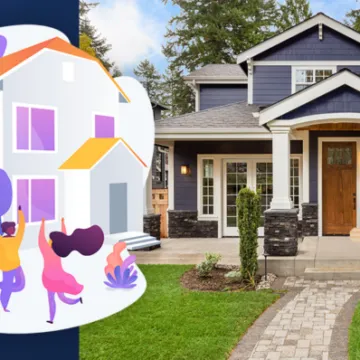Credit cards are important tools for many people. They are safe and convenient. Careful use of a credit card can improve your credit score. This makes it easier to get a home or car loan. But, managing a credit card can be harder than getting one. Here’s how to be a smart credit card user:
Ask Yourself Questions
- Do you need to use a credit card? Would cash or a debit card work just as well?
- Do you understand how interest is charged?
- How will fees be assessed?
- How are minimum payments and due dates are determined?
The answer to each of these questions is different for each card. Make sure you understand the terms of each card you have.
Make Informed Choices
Not all cards are the same. Compare different cards based on your needs and the card terms. Look for the following:
- The annual percentage rate (APR): This is how much interest you will pay if you do not pay off your balance each month. Also, be aware of rates that may increase after a short period of time.
- Fees: Many cards have yearly fees. Most charge for late payments, balance transfers, cash advances, or spending over your credit limit.
- Credit limits: Your credit limit should be in line with what you can afford to pay back. Watch out for high credit limits that might tempt you to spend more than you should.
Limit the Number of Cards You Have
- Having lots of credit cards can cause problems.
- If you reach the spending limit on one card, don’t just shift your purchases to another card.
- Adjust your spending habits. Stick to your budget.
Keep Track of Your Monthly Credit Card Spending
- Spend carefully.
- Have a plan for when and how you’ll use your card.
- Make sure you have enough in your budget to cover your payments.
- Keep your receipts.
- Avoid impulse buying. Don’t overspend on items you don’t truly need.
Don’t Spend More Than You Can Afford
Are you using credit cards to cover necessities such as food, gasoline, and utilities? That could be a sign that it’s time to review your budget.
Here are some warning signs that you may be using your credit cards too much:
- You are only able to make minimum payments on your credit card debt and other accounts.
- You have recently been denied credit. If a lender declines you, it means that they feel that your finances are stretched to the limit.
- You can’t afford to save. If you are not able to set aside savings on a consistent basis, there is cause for concern. If you are spending your savings to keep up with your lifestyle, it’s a signal that you are living beyond your means.
- Cards are near or over your credit limit. Your creditors set your limit based on your credit history, income and outstanding debt. If you are at or near this limit, you should take a good look at your financial health picture. You may need to make some tough decisions to prevent problems down the road. Try to keep your balances below 50% of your available credit limits.
Balances Are Increasing
- You rely on cash advances from the cards to pay your other bills. This is referred to as “Robbing Peter to pay Paul”.
- You live pay check to pay check. Do you struggle to have any extra funds left over? Does all of your paycheck go toward groceries, bills and your credit card payments?
- Collectors are calling you. Receiving calls from creditors is a sure sign of trouble.It may help to carve out a budget with a financial counselor and go over your options.
GreenPath Financial Service
GreenPath, A Financial Resource
If you’re interested in building healthy financial habits, paying down debt, or saving for what matters most, take a look at these free financial tools.










